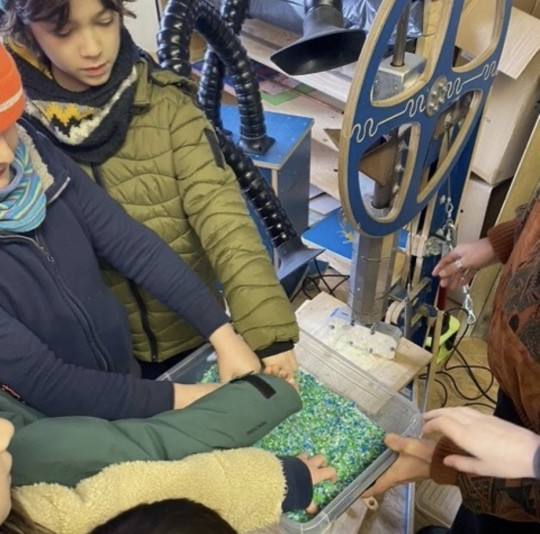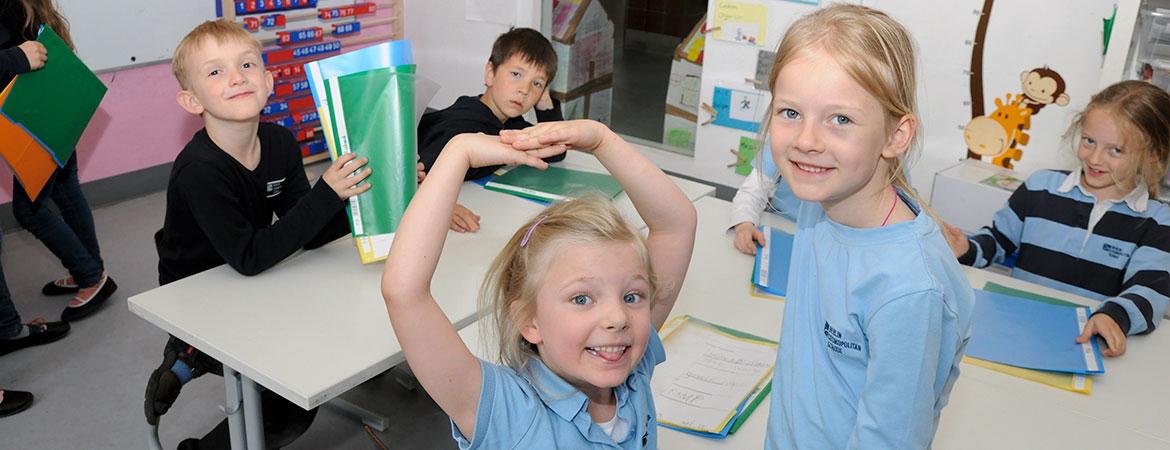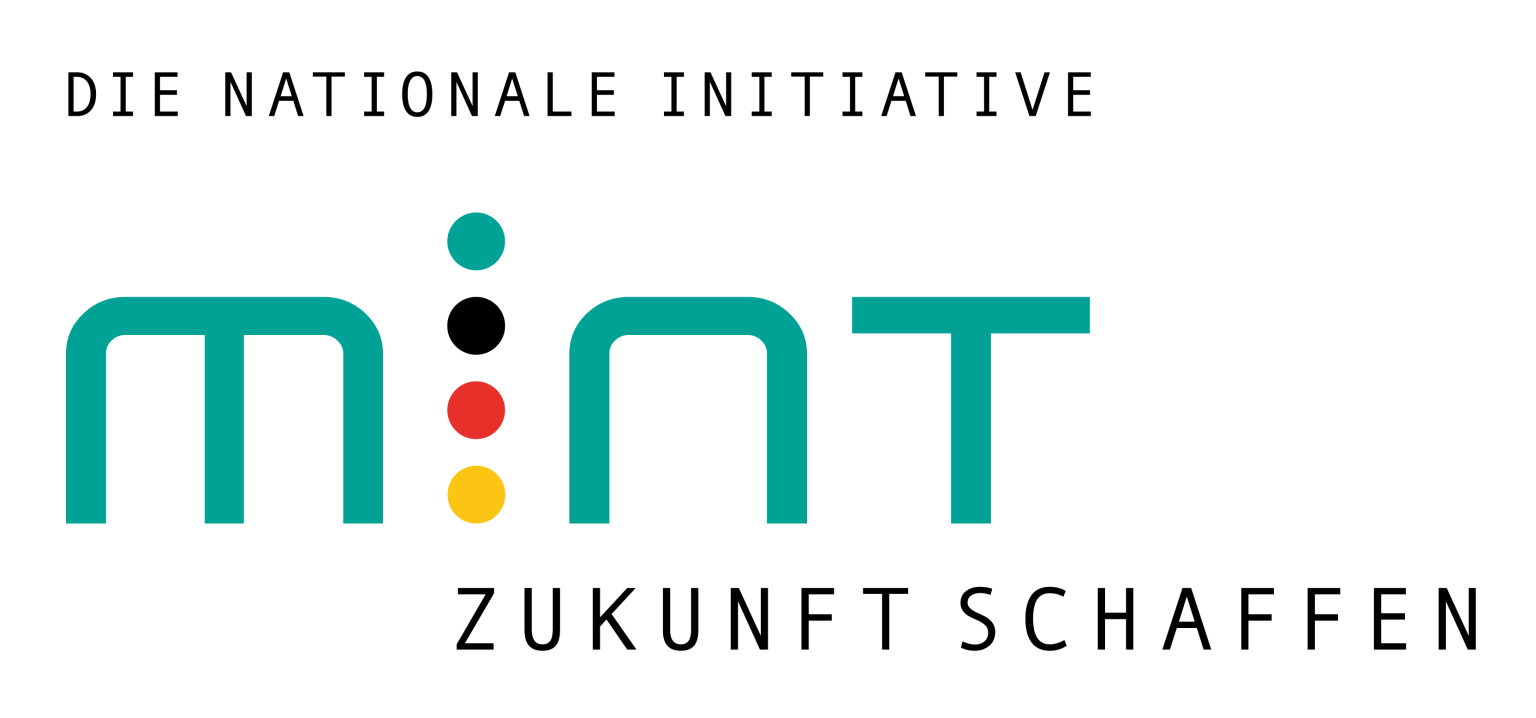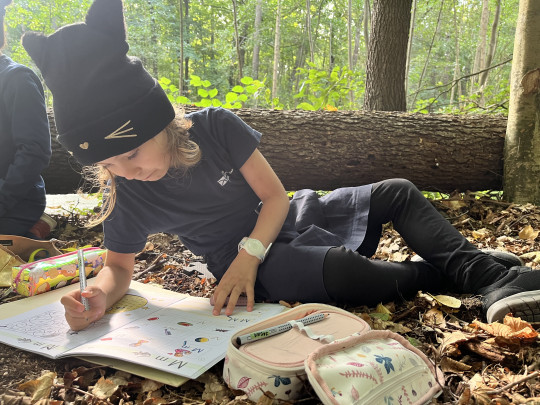
Merijaan Field Trip at the Haus der Materialisierung
In a collaborative effort to enhance our students' understanding of sustainability and environmental responsibility, 3A embarked on a remarkable journey leading up to ...
Read onOur youngest students begin their school career at Berlin Cosmopolitan School in the year they turn six. With 18 to 22 students per class, a maximum of two classes per year and highly motivated teachers from all over the world, we offer all students at Berlin Cosmopolitan School a safe and caring learning environment.
Berlin Cosmopolitan School follows the Berlin Framework and the International Baccalaureate Primary Years Programme (PYP), which focuses on the holistic development of the child as an inquirer both in and out of the classroom. The programme prepares BCS students to become active participants in the lifelong journey of transdisciplinary learning.
After school, our students have a wide range of diverse and unique clubs to choose from in our after-school programme. They can choose from over 50 including: music, science, sports, experimentation, art and several language clubs, to name but a few.
In our view, our school programme creates optimal framework conditions for the STEM focus and its successful implementation.
The crucial success factors of our pedagogical concept are:

For further information on the PYP, please see the following link:

The read as follows our MINT activities form the MINT focus of BCS Primary School:
Science is understood as the study of the biological, chemical and physical aspects of the natural world and the interrelationships between them. In the Programme of Inquiry, learners develop a view of the world from a scientific perspective.
In mathematics lessons, pupils are given the opportunity to develop the knowledge and skills they need to apply mathematics in practice and to recognise links between mathematics and other subject areas.
ICT-lessons are part of the learning plan from Grade 1. Skills for exploring, informing, presenting and communicating with ICT are taught. Digital learning is ensured through appropriate media equipment and training of primary school teachers.
In each year group from 1 to 5, at least 3 Units of Inquiry in the PYP have a clear MINT focus.
Lessons at out-of-school places of learning are linked to the curriculum of the respective year, according to the transdiciplinary themes. Such lessons are an integral part of the curriculum and thus of the school year plan of the primary school.
As part of the all-day care, we also offer the following clubs with a MINT focus in the afternoon: Maths Club (I and II), IT I Club, Science Club, Game Maker, Digital Art, Lego Club, Wood Working and many more.
We actively introduce our pupils to MINT competitions from primary school onwards. Currently, these are primarily various mathematics competitions: “Kangaroo”, Bolyai Mathematics Team Competition and Mathematics Olympiad; and Robotics competitions.
Every year, at the end of the 6th school year, the Science Fair of the 6th classes takes place under the motto “Explore the World of Science”. One day of the class trip to London is organised as “Science Day”.

In a collaborative effort to enhance our students' understanding of sustainability and environmental responsibility, 3A embarked on a remarkable journey leading up to ...
Read on
🌿 Exploring the World of Learning at the Nature Campus🌿 We are excited to share a glimpse of the learning experiences taking place ...
Read on